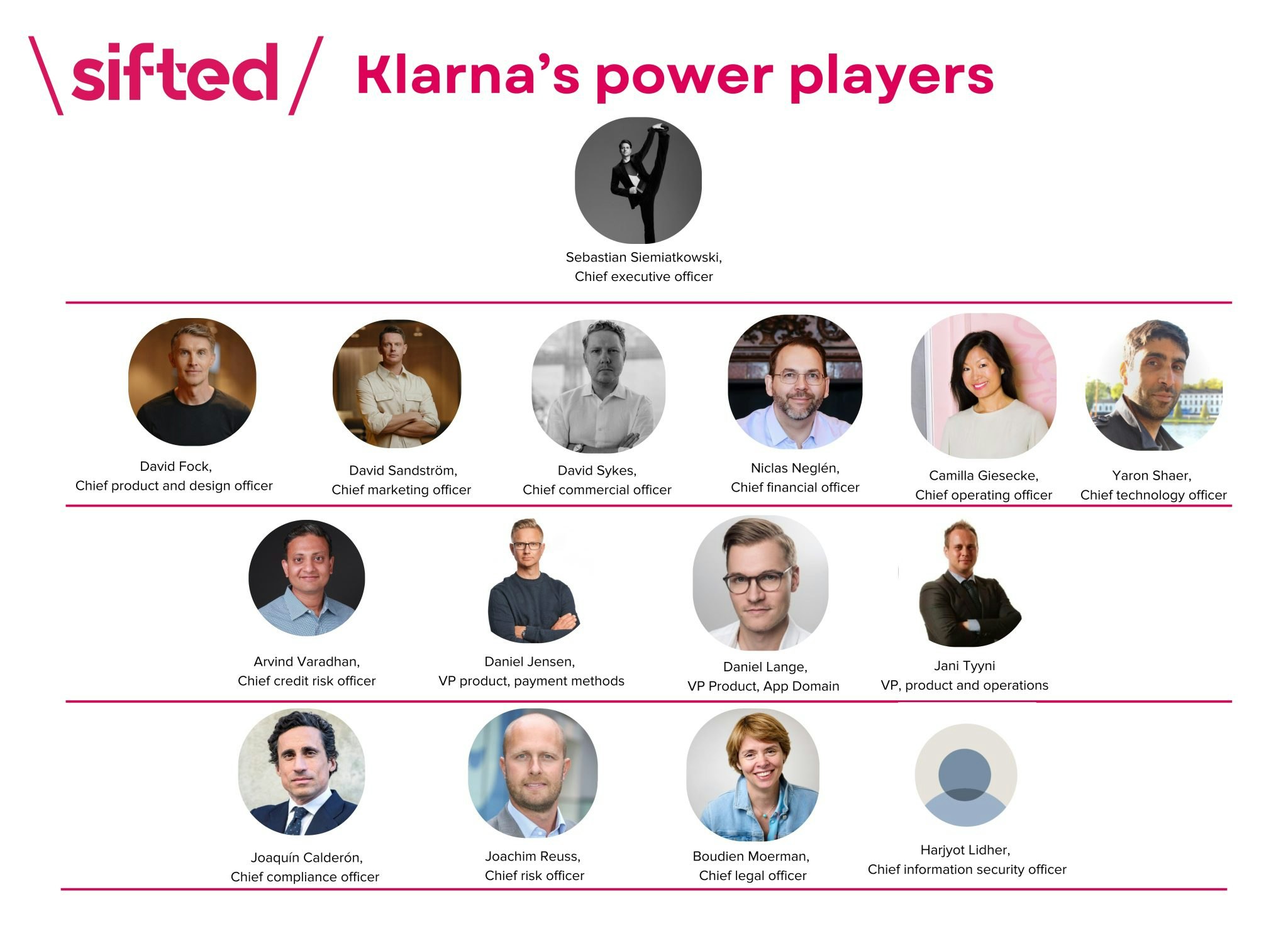Klarna is one of European fintech’s greatest exports. The Swedish buy now, pay later (BNPL) company has more than 150m customers globally and raised more than $4bn in funding from investors such as Sequoia, Mubadala and Atomico.
Founded in 2005 by Sebastian Siemiatkowski, Niklas Adalberth and Victor Jacobsson, Klarna helped mainstream its flagship BNPL product and has since expanded into other verticals including a smart shopping assistant, banking products and long-term financing options.
According to its latest results, the fintech is also on track for full-year profitability, after posting an operating profit of 673m SEK (€57.2m) in the first half of the year. And in November, the company reported a net income of 216m SEK (€19.2m) for Q3 2024.
Last week, the FT reported that it’s readying to go public in April at a valuation of $15bn.
Whilst two of its cofounders have left the company, Siemiatkowski has stayed behind, with a reputation for steering the company with an iron fist. But across the fintech’s management, some have the CEO’s ears more than others. Here are the true power players at Klarna, according to Sifted sources.
Klarna declined to comment for this story.

The CEO: Sebastian Siemiatkowski
As the founding CEO at Klarna, Siemiatkowski has steered the BNPL company through its fair share of ups and downs. Once Europe’s most valuable VC-backed fintech — it hit a $45bn valuation in 2021— the company’s price tag was slashed to $6.7bn at its last primary funding round in 2022.
In an effort to make the company profitable, Klarna laid off more than 10% of its workforce in 2022 and one year later outsourced about the same amount of roles — 750.
Klarna’s major operational changes had a significant financial impact, leading to its first profitable quarter in 2023.
The Klarna boss has been at the centre of the company’s internal divisions among senior management, with tensions between Siemiatkowski and his cofounder Victor Jacobsson spilling into public view. In October, Klarna shareholders voted to oust director Mikael Walther from its board, who was seen as a key ally of Jacobsson.
Siemiatkowski has also advocated for the use of AI internally at Klarna to increase efficiency at the company.
He made headlines last year after claiming AI was already capable of doing almost any job a human can, including his own role as CEO. To prove that point, he even sent an AI version of himself to announce Klarna’s third-quarter results last year.
In the latest report from his investment firm Flat Capital, translation app DeepL, GenAI legal assistant Harvey and ChatGPT are listed as “AI colleagues”.
The Klarna c-suite
For now, Klarna’s c-suite is rounded out by humans rather than AI models.
Siemiatkowski’s leadership team includes former execs from Nokia, HSBC and EY along with executives that have been at the company for more than 8 years. Excluding Siemiatkowski, Klarna’s power players have been at the company for 6 years and 4 months on average — just over six months longer than c-suiters at Starling and 2 and half years longer than at Monzo.
Chief product and design officer David Fock and chief marketing officer David Sandstrom were cited by sources as a huge influence on the Klarna brand and close confidants of Siemiatkowski. With a 14-year tenure, Fock is also Klarna’s longest-serving exec on the list after Siemiatkowski.
David Sykes, formerly chief operating officer of US fintech Quadpay, is another c-suiter that sources flagged as a trusted figure by Siemiatkowski. Sykes joined Klarna in 2019 and was promoted to chief commercial officer three years later after successfully leading its US operations.
Other execs include former HSBC exec Niclas Neglen who joined as CFO in 2021; Camilla Giesecke who started at the company as VP of financial planning and analysis in 2017 and held the positions of chief financial officer and chief expansion officer before becoming chief operating officer in 2022, when she was the one to communicate layoffs at Klarna.
There is also the behind-the-scenes chief technology officer Yaron Shaer, who’s been at Klarna for close to 11 years and exerts influence over Klarna’s tech stack, particularly as it builds out banking services.
Klarna’s rising stars
Daniel Jensen, Daniel Lange and Jani Tyyni were cited as rising stars in the company, just below the level of influential c-suiters like chief credit officer Arvind Varadhan.
Jensen and Lange are both product VPs and look after the payment method and app domains respectively. Tynni is VP of product and operations and is said to be a more under-the-radar figure who’s earned the trust of Siemiatkowski after successfully leading the fintech’s Central and Northern Europe go-to-market strategy.
Compliance and legal
Rounding out the list are Klarna’s legal and compliance officers. Heads of risk, legal and compliance functions are important roles at every organisation but weren’t flagged by Sifted sources as roles carrying high levels of influence at Klarna.
It also has some of the newest additions to our power players list. Chief legal officer Boudien Moerman has been at the company for 9 months while chief information and security officer Harjyot Lidher joined in September. Chief compliance officer Joaquin Calderon and chief risk officer Joachim Reuss have both been at the company for over two years after joining from HSBC and EY respectively.
Additional reporting by Mimi Billing.
Read the orginal article: https://sifted.eu/articles/klarna-power-players-2025/


